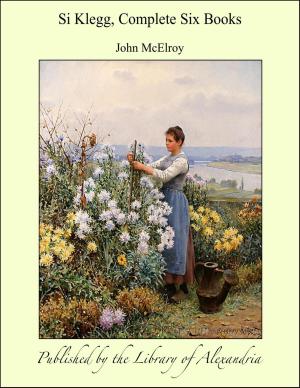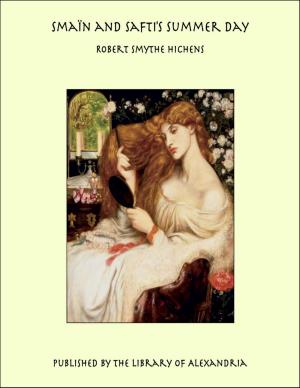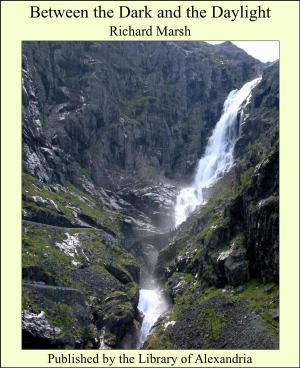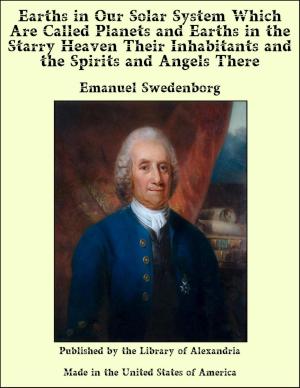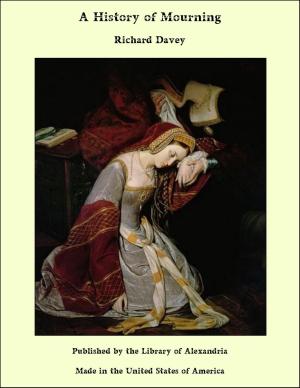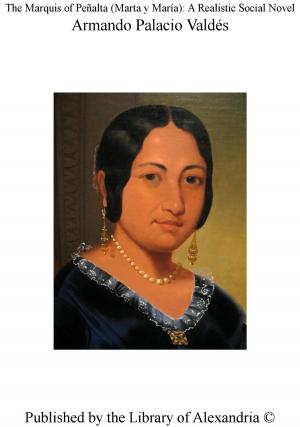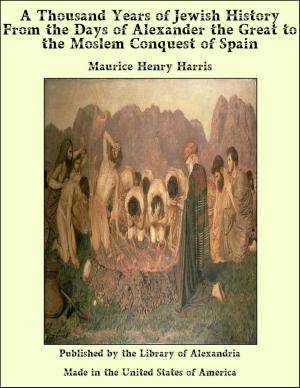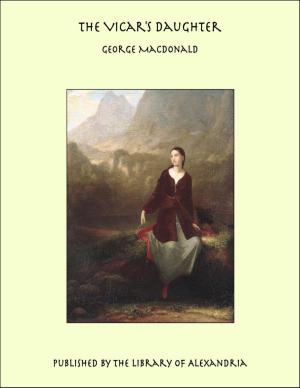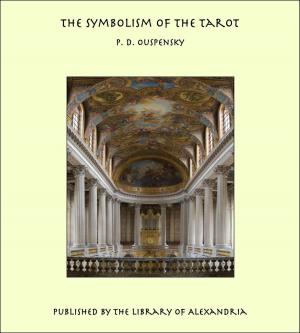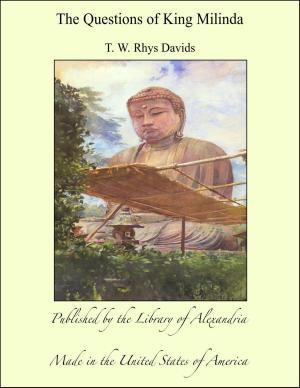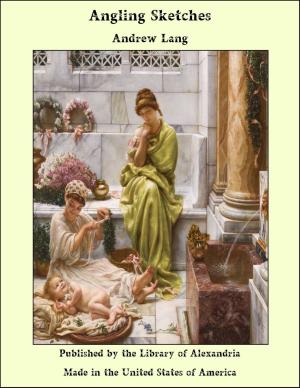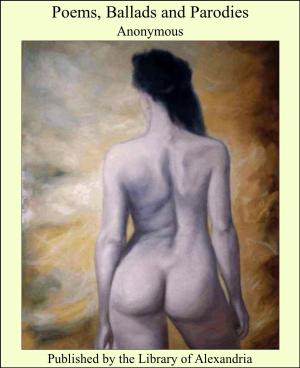| Author: | Ascott Robert Hope Moncrieff | ISBN: | 9781465616081 |
| Publisher: | Library of Alexandria | Publication: | March 8, 2015 |
| Imprint: | Language: | English |
| Author: | Ascott Robert Hope Moncrieff |
| ISBN: | 9781465616081 |
| Publisher: | Library of Alexandria |
| Publication: | March 8, 2015 |
| Imprint: | |
| Language: | English |
True Scots should have more philosophy than to imitate unenlightened patriotisms that would interrupt a natural process defined by Herbert Spencer as change from an incoherent homogeneity to a coherent heterogeneity accompanied by the dissipation of motion and the integration of matter. So Penelope peoples, in their darkness, undo the work of civilising daylight. Let Bohemia rage and the states of the Balkans imagine vain things. But why should Scotland waste time and electric light on looking back too fondly to the things that are behind, while she cannot help pressing forward to the inevitable destiny before her? With the warning of Ireland at hand, some of us cry out for Home Rule and such-like retrogressions that might go to giving back, at one end of the United Kingdom, the shadow of its cloudy dignity along with the substance of its old discords. Where is this reactionary Particularismus to stop? There are parts of Caledonia which, in its stern and wild times, were independent of each other, some that still are as different from one another in blood and speech, as most of Scotland is from England. Shall Badenoch or Buchan awake its overlaid individuality? May not Galloway and Strathclyde set up for recognition of their ex-independence? Then why not encourage Strathbogie, the Cumbraes, the Braes of Bonny Doon, or the parish of Gandercleugh, to lament upon the fate that has made them members of one greater body? Nay, now that the clans are broken up, could they not contrive to respin their warp of local loyalty, crossing the woof of national patriotism? Such reductio ad absurdum is worth thinking about, when at this moment there are signs of relapse in the long convalescence from that Jacobite fever that “carried” hard heads as well as soft hearts, and set old grudges against the Union flaunting in plaid and philibeg.
True Scots should have more philosophy than to imitate unenlightened patriotisms that would interrupt a natural process defined by Herbert Spencer as change from an incoherent homogeneity to a coherent heterogeneity accompanied by the dissipation of motion and the integration of matter. So Penelope peoples, in their darkness, undo the work of civilising daylight. Let Bohemia rage and the states of the Balkans imagine vain things. But why should Scotland waste time and electric light on looking back too fondly to the things that are behind, while she cannot help pressing forward to the inevitable destiny before her? With the warning of Ireland at hand, some of us cry out for Home Rule and such-like retrogressions that might go to giving back, at one end of the United Kingdom, the shadow of its cloudy dignity along with the substance of its old discords. Where is this reactionary Particularismus to stop? There are parts of Caledonia which, in its stern and wild times, were independent of each other, some that still are as different from one another in blood and speech, as most of Scotland is from England. Shall Badenoch or Buchan awake its overlaid individuality? May not Galloway and Strathclyde set up for recognition of their ex-independence? Then why not encourage Strathbogie, the Cumbraes, the Braes of Bonny Doon, or the parish of Gandercleugh, to lament upon the fate that has made them members of one greater body? Nay, now that the clans are broken up, could they not contrive to respin their warp of local loyalty, crossing the woof of national patriotism? Such reductio ad absurdum is worth thinking about, when at this moment there are signs of relapse in the long convalescence from that Jacobite fever that “carried” hard heads as well as soft hearts, and set old grudges against the Union flaunting in plaid and philibeg.

